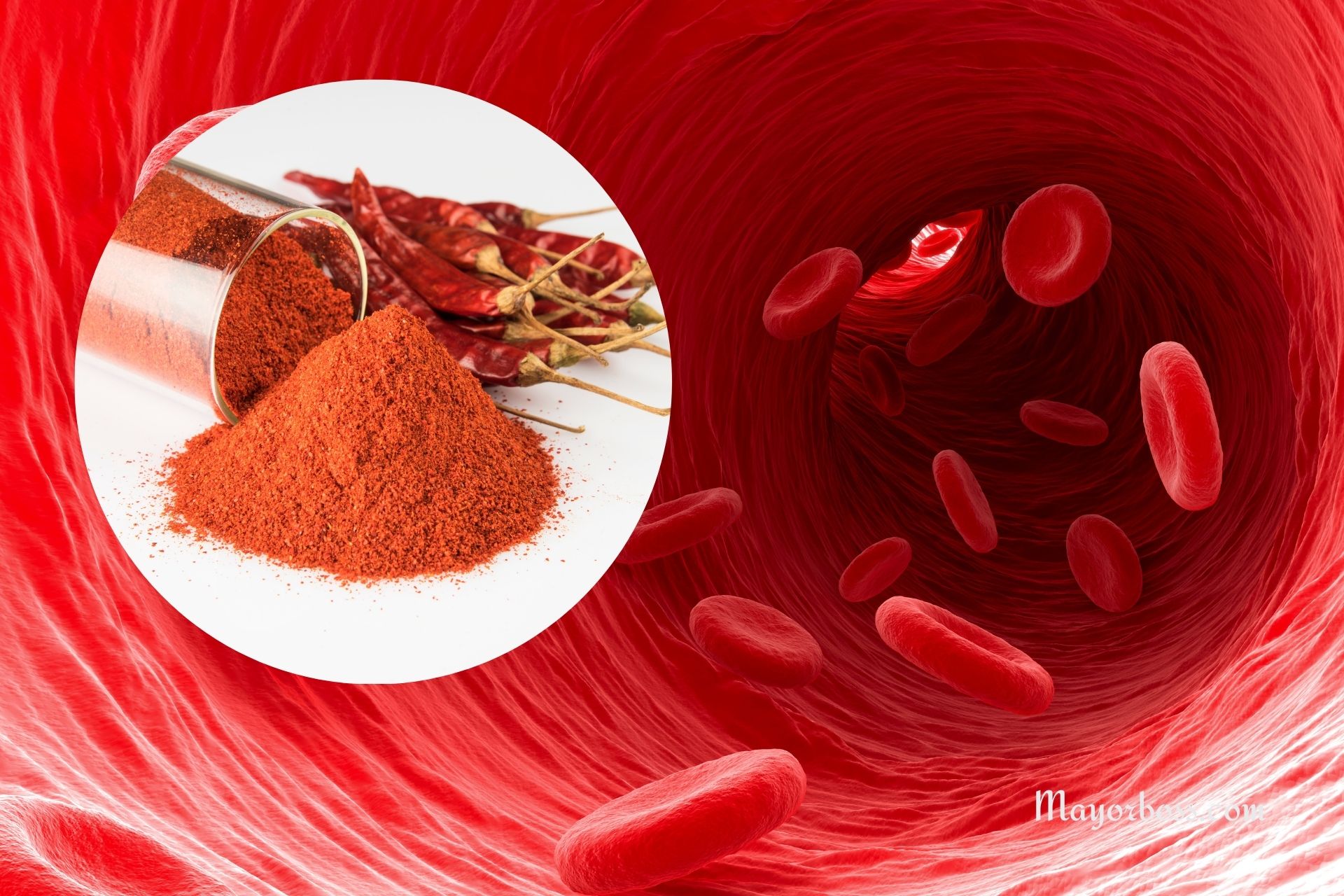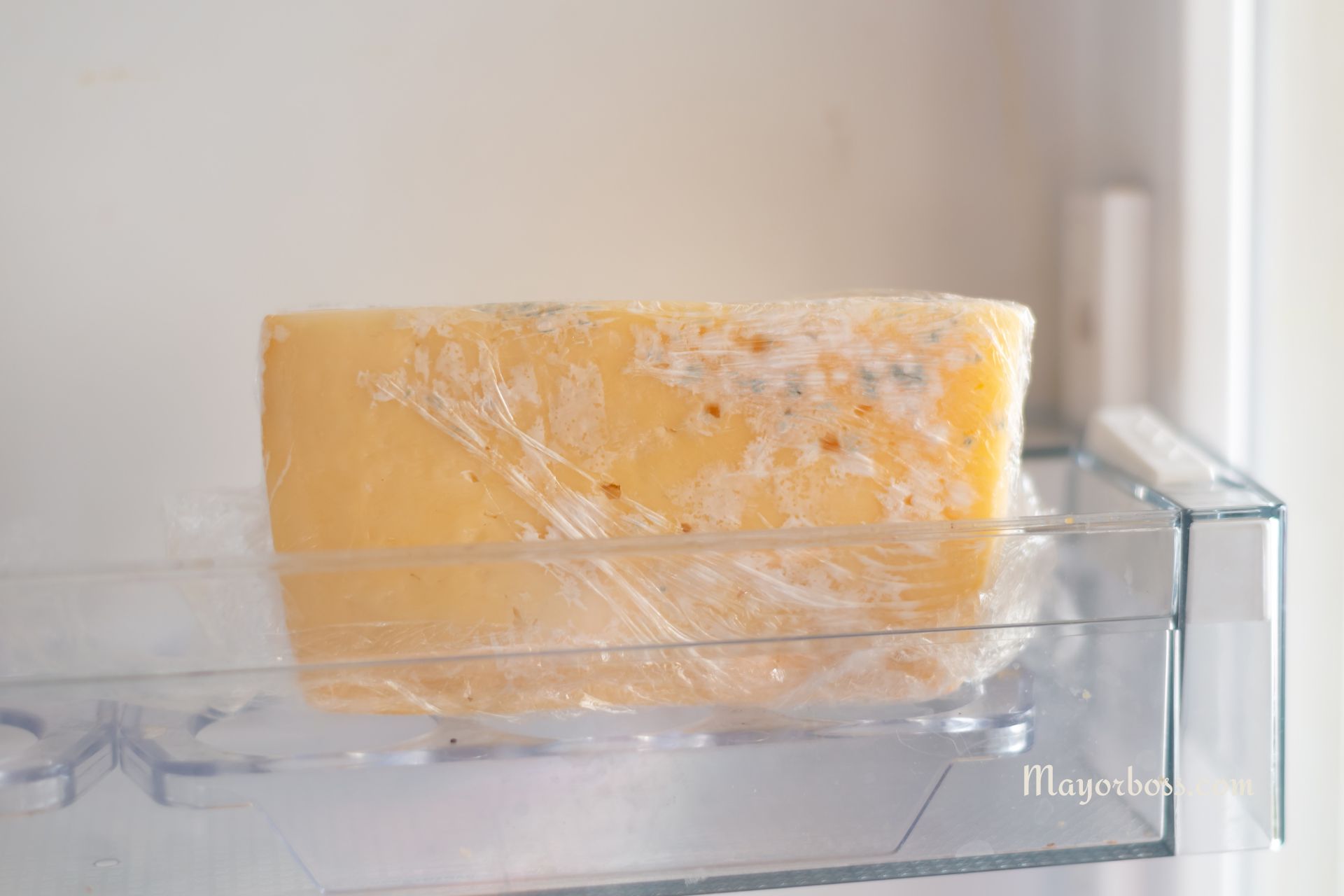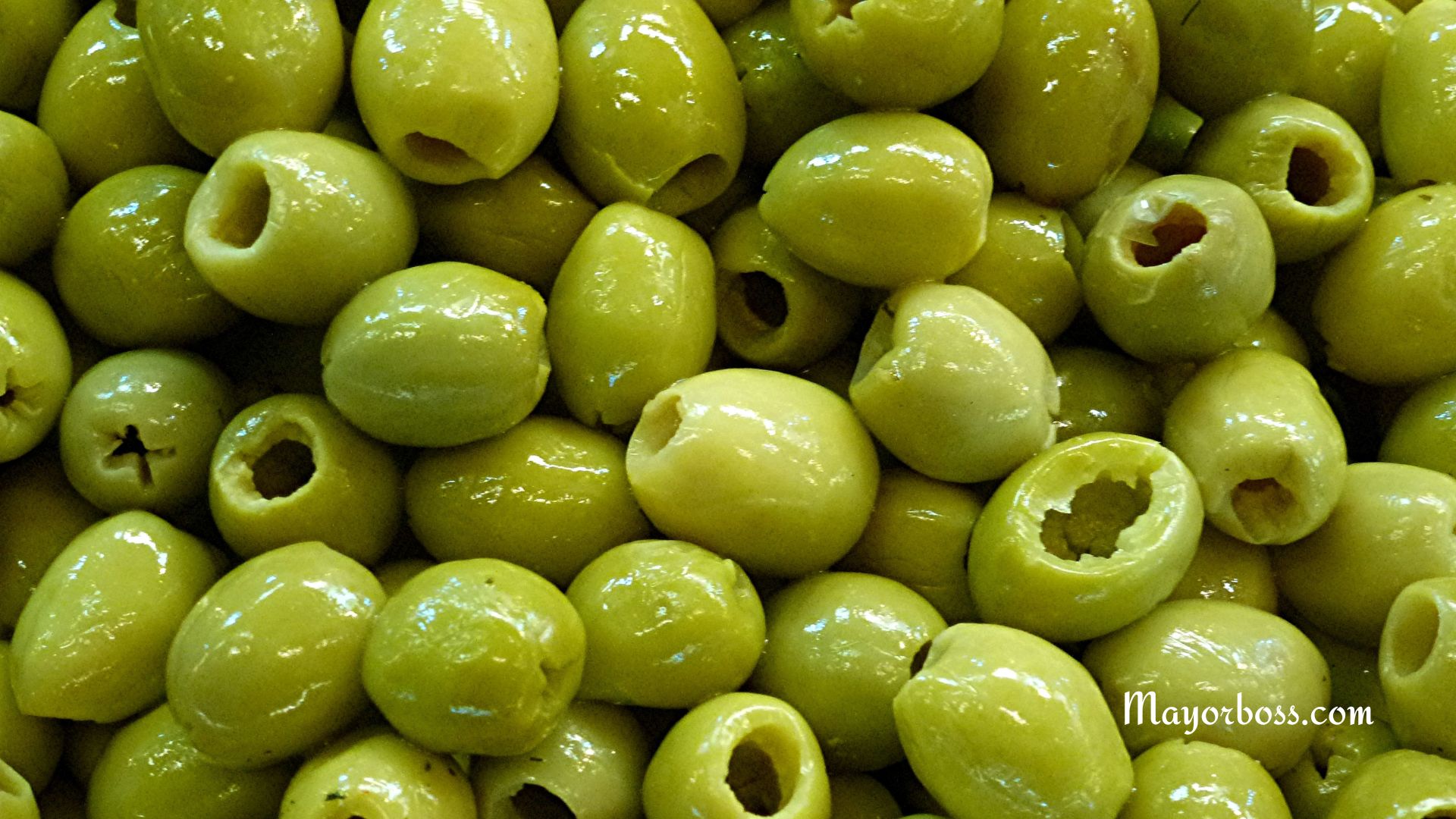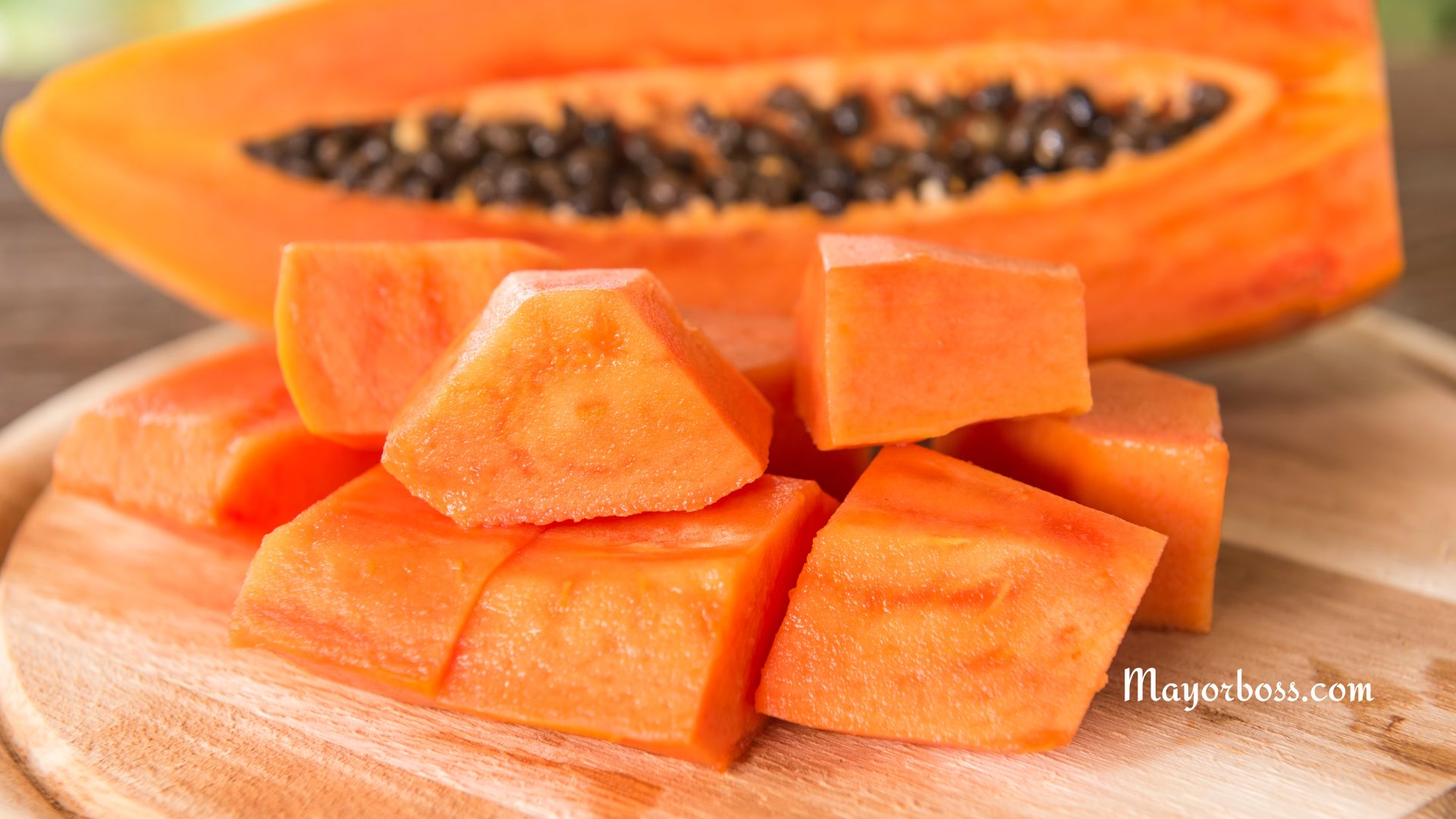Here Are Some Foods That May Act as Natural Blood Thinners
Blood thinners are substances that help stop blood clots, ensuring smooth blood flow through your veins and arteries. While many individuals rely on prescription medications for blood thinning, certain foods contain natural compounds that may have similar effects. Including these foods in your diet might help maintain healthy blood flow, but speak with your doctor before trying these natural remedies, especially if you’re already on blood-thinning medications. Because they may interfere with some prescription drugs.

Garlic Contains Allicin, Which Helps Thin the Blood
Garlic is well-known for its health benefits, but did you know it can act as a natural blood thinner? Allicin, a compound found in garlic, helps prevent platelets from sticking together, which can lower the likelihood of blood clots.
A recent review published in the journal Frontiers in Nutrition highlights garlic’s ability to support heart health and improve circulation. For maximum benefits, try eating raw garlic or adding fresh garlic to your meals.
Turmeric Has Curcumin, Which Acts as a Blood-Thinning Agent
Turmeric is a famous spice that contains curcumin, a powerful compound with anti-inflammatory and blood-thinning properties. According to a study published in the EPMA Journal, turmeric may help reduce the chance of blood clots by preventing platelets from clumping together.
You can add turmeric to your meals, soups, or smoothies. Just make sure to include a pinch of black pepper, as it enhances curcumin absorption.
Ginger Is a Natural Anti-Inflammatory That Can Help Thin Your Blood
Ginger is another spice with natural blood-thinning properties. It contains salicylate, a compound similar to the active ingredient in aspirin, which helps prevent blood clotting.
Research published in the International Journal of Cardiology suggests that ginger can have an antiplatelet effect, helping to keep blood flowing smoothly. You can enjoy ginger in teas, smoothies, or add it to your cooking for a flavorful kick.
Cayenne Pepper Contains Capsaicin, Which Helps Improve Blood Circulation
Cayenne pepper is known for its spicy heat, but it also contains salicylates that can act as natural blood thinners. Capsaicin, the active compound in cayenne pepper, helps improve circulation and prevent blood clot formation.
If you’re looking to add cayenne pepper to your diet, try sprinkling a little on your meals or adding it to your favorite recipes for an extra kick.
Omega-3 Fatty Acids in Fish Help Thin the Blood
Fatty fish like salmon, mackerel, tuna, and sardines are rich in omega-3 fatty acids, which have natural blood-thinning properties. Omega-3s help reduce platelet aggregation, meaning they prevent blood cells from sticking together, thus lowering the risk of clot formation.
The American Heart Association recommends eating fish high in omega-3s at least two times per week to support heart health and maintain healthy blood flow.
Cinnamon Contains Coumarin, Which Has Blood-Thinning Properties
Cinnamon is another spice that can act as a natural blood thinner, thanks to a compound called coumarin. Coumarin has been shown to have anticoagulant effects, which can help prevent blood clotting.
However, it’s important to consume cinnamon in moderation, as high amounts of coumarin can cause liver damage. Use cinnamon to flavor your oatmeal, coffee, or baked goods.
Dark Chocolate Contains Flavonoids, Which Enhance Blood Flow
Dark chocolate is not only a delicious treat but also a potential natural blood thinner. It contains flavonoids, plant compounds that help improve blood flow by reducing platelet aggregation.
A study published in the American Journal of Clinical Nutrition found that consuming dark chocolate can improve circulation and support heart health. However, you should choose dark chocolate with at least 70% cocoa content for maximum benefits.
Red Wine Contains Resveratrol, Which Acts as a Natural Anticoagulant
Red wine contains resveratrol, a compound that has been found to have natural blood-thinning properties. Resveratrol helps prevent blood platelets from sticking together, reducing the risk of clot formation.
However, moderation is key. The American Heart Association suggests that women should limit themselves to one glass of red wine per day and men to two glasses. Drinking too much alcohol can have negative effects on your health, so be mindful of your intake.
Pineapple Contains Bromelain, Which Reduces Clotting
Pineapple is rich in bromelain, an enzyme that has natural blood-thinning and anti-inflammatory properties. Bromelain helps prevent platelets from sticking together and may reduce the risk of blood clots.
Enjoy fresh pineapple as a snack, or add it to your salads for a sweet and tangy boost.
Onions Help Thin the Blood and Enhance Circulation
Onions are packed with quercetin, a flavonoid with natural blood-thinning properties. Quercetin helps reduce the risk of blood clot formation by preventing platelets from clumping together.
Adding onions to your meals, whether raw in salads or cooked in soups and stir-fries, can be an easy way to incorporate their blood-thinning benefits into your diet.
Tomatoes Contain Salicylates, Which Act as Blood Thinners
Tomatoes are rich in salicylates, the same compound found in aspirin that has blood-thinning properties. Eating tomatoes regularly can help improve blood circulation and reduce the risk of clot formation.
Enjoy tomatoes in salads, sauces, or sandwiches to take advantage of their natural blood-thinning effects.
The Takeaway
Certain foods can act as natural blood thinners, helping to prevent blood clots and support healthy circulation. Including foods like garlic, turmeric, ginger, fatty fish, dark chocolate, and onions in your diet can offer natural anticoagulant benefits. However, if you’re already taking blood-thinning medications, talk to your doctor before significantly increasing your intake of these foods, as they can interfere with your medication.
Maintaining a balanced diet rich in these natural blood thinners, staying hydrated, and getting regular exercise can all contribute to healthier blood flow and overall well-being.






